Get posts by email
The light at the end of the tunnel
June 2, 2021
When our family moved to the city nearly 6 years ago it was for a specific reason and season of our life.
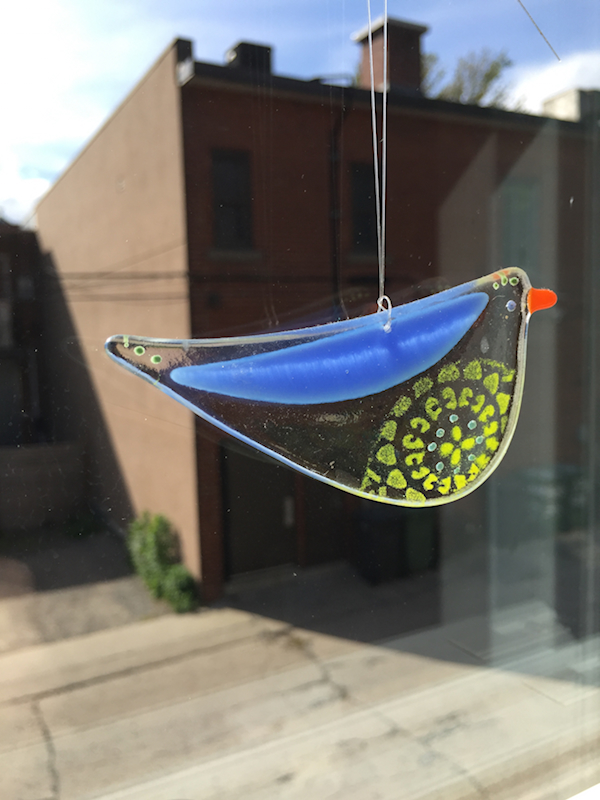
It wasn’t our dream to live in the city, it wasn’t to move close to family, it wasn’t required for our work, which was then, and remains to be, location-independent.
We moved here because we were looking for homeschool community for the remainder of our kid’s teenaged years. And we wanted to live in a place with decent and affordable post-secondary schooling resources and options to help our kids launch into young adulthood. With three kids reaching college age within 3.5 years of each other we needed to live somewhere that would make post-secondary education for each of them as affordable as possible.
We were already living in Quebec at the time (for a myriad of reasons I won’t get into here) and so Montreal was the most logical choice for these goals because:
-
it’s functionally bilingual and we needed English resources and community.
-
it’s the most affordable big city in Canada, or at least it was when we moved. Housing costs are on the rise.
-
Montreal has excellent post-secondary institutions with the cheapest tuition in all of Canada for Quebec residents.
-
it’s within driving distance of my parent’s place in Nova Scotia, which has been my prerequisite in determining where we live since we returned to Canada 10 years ago from our sojourn in New England.
-
it has reasonable access to outdoor pursuits and Eastern mountain ranges.
The fact that Montreal is a vibrant, culturally-diverse, and historically interesting city made city living palatable. Montreal is unique and we’re drawn to unique experiences. (Unfortunately my interest in unique experiences is at odds with my security-loving, traditionalist, and conservative tendencies. And the tension between these two sides of me can be a source of personal and marital angst.)
Why do I write all this? Because during this pandemic I’ve had to remind myself just why the heck I ended up here.
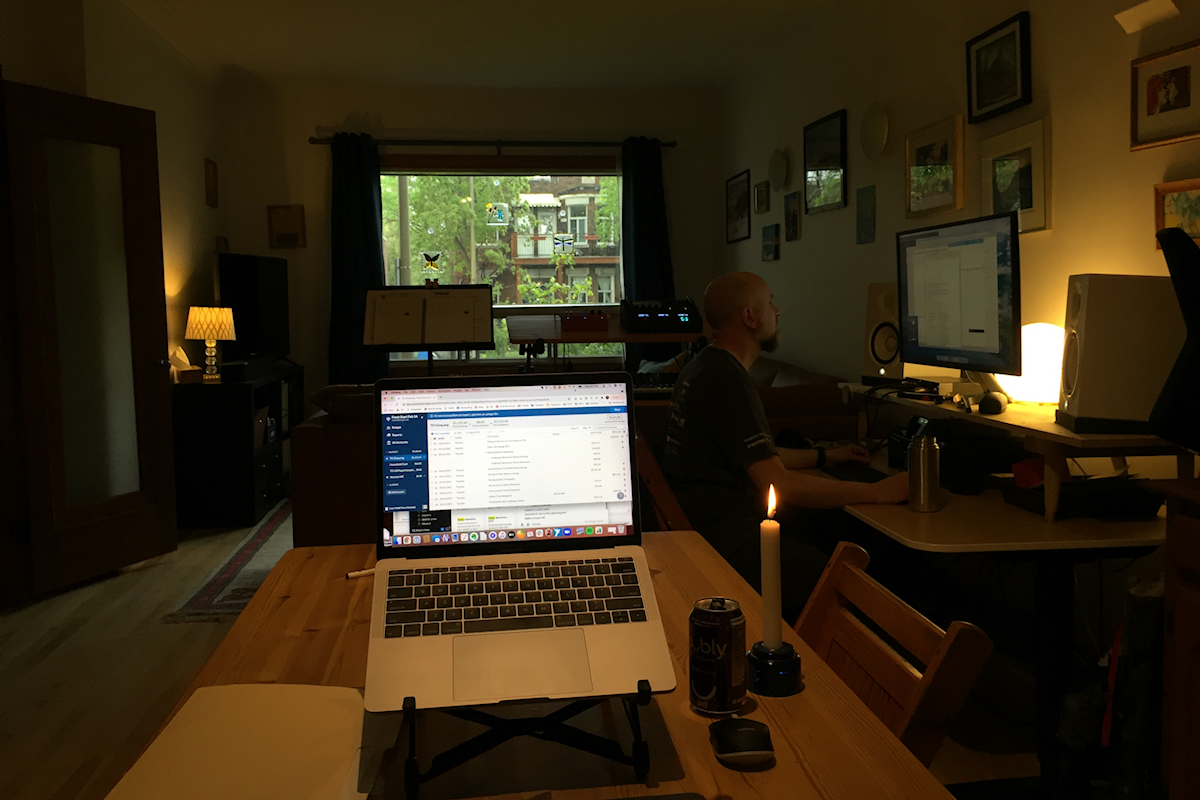
The pandemic heavily disrupted our lives and it shut down a lot of what makes city living enjoyable. City living has been something to endure during the pandemic and the experience has clarified our life goals and needs, and for better or worse, accelerated our exit strategy.
Another thing that has been really difficult about the pandemic is that it came hot on the heels of changes and losses to our family’s community connections.
In fall 2018 we stopped attending our church because the kids had told us they were done with church. At that point Damien and I were only involved because the kids were still ok being there. I had been experiencing serious theological differences with the church for months but we were committed to staying at that church as long as the kids felt comfortable. But when they were done I was done.
We lost those Sunday morning connections but some of our church friends live in our neighborhood and remained in our lives and we were still part of the homeschool co-op community. Life was full enough without a Sunday morning church gathering.
Spring 2019 ended our family’s involvement at the homeschool co-op. That fall our oldest child started university while our youngest two were finishing up their homeschool high school courses, figuring out next steps, and applying to colleges.
The natural end to four years at the co-op left a hole in our kids' lives and our family life. The co-op was a gathering place for homeschool families scattered all over the city and suburbs and so our kids’ social circle was not centered in our neighborhood. Their friends were not local.
Technology helps in this but it’s not the same as face-to-face. Some relationships formed in certain contexts don’t survive the absence of that context, while others do. Our kids’ friends were going to school, moving out of province, and growing-up and although some connections could be maintained digitally, there was a profound loss in their lives.
We reassured them they would make new friends and connections. The young adult life stage is full of opportunities to meet people, especially in a city like Montreal with so much going on!
And then the pandemic hit. And all those opportunities disappeared.
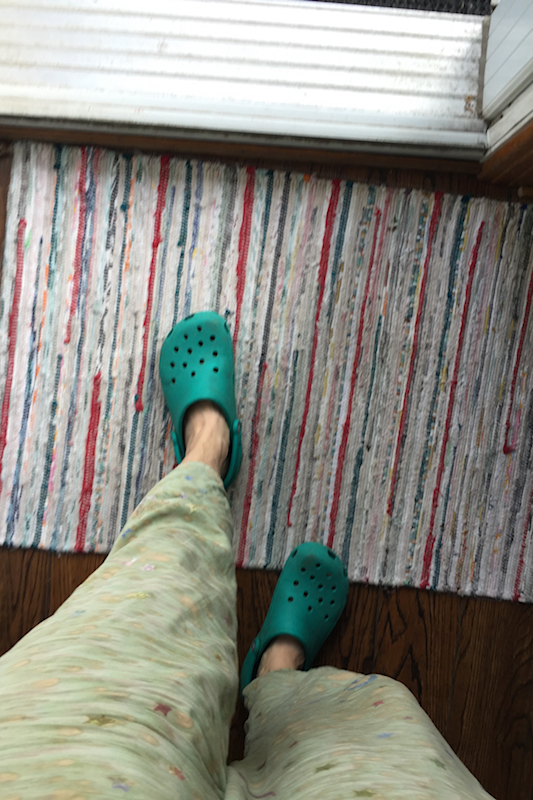
Our kids were in their own personal transitions and in-between space with community when the huge societal disruption of the pandemic hit our shores like a tsunami we didn’t see coming.
Transition feels like the rug being pulled out from under you. The pandemic just amplified that.
It’s not just kids that lose friends and community when they finish school. Parents also lose those connections, especially when those connections are not neighborhood or location-dependent.
Damien has probably weathered it the best as very little changed in his life. He’s always worked online, he’s a strong introvert, he wasn’t as deeply connected to homeschool life and community as I was since his main responsibility was, and still is, taking care of our family’s financial needs. During the pandemic he dove deep into learning all things electric guitar and he’s still swimming in those waters.
My closest friendships have remained intact through church loss and the ending of our years at homeschool co-op. And in spite of the pandemic, I’ve been forming relationships in new spiritual and academic contexts. It’s slow and sometimes I’ve felt really isolated but I always have people I can reach out to. Some live in my home and others have been available on the other side of a screen.
Everyone has their story of what life was like during the pandemic. This is mine.
Last year was especially hard on the kids, and watching them struggle was hard on me. By mid-winter 2021, one year into the pandemic, we’d found a groove and ways to manage. We zoomed with therapists, we supported each other, we practiced our relationship-building skills and became better listeners through our experiences with depression, anxiety, loneliness, and feelings of isolation.
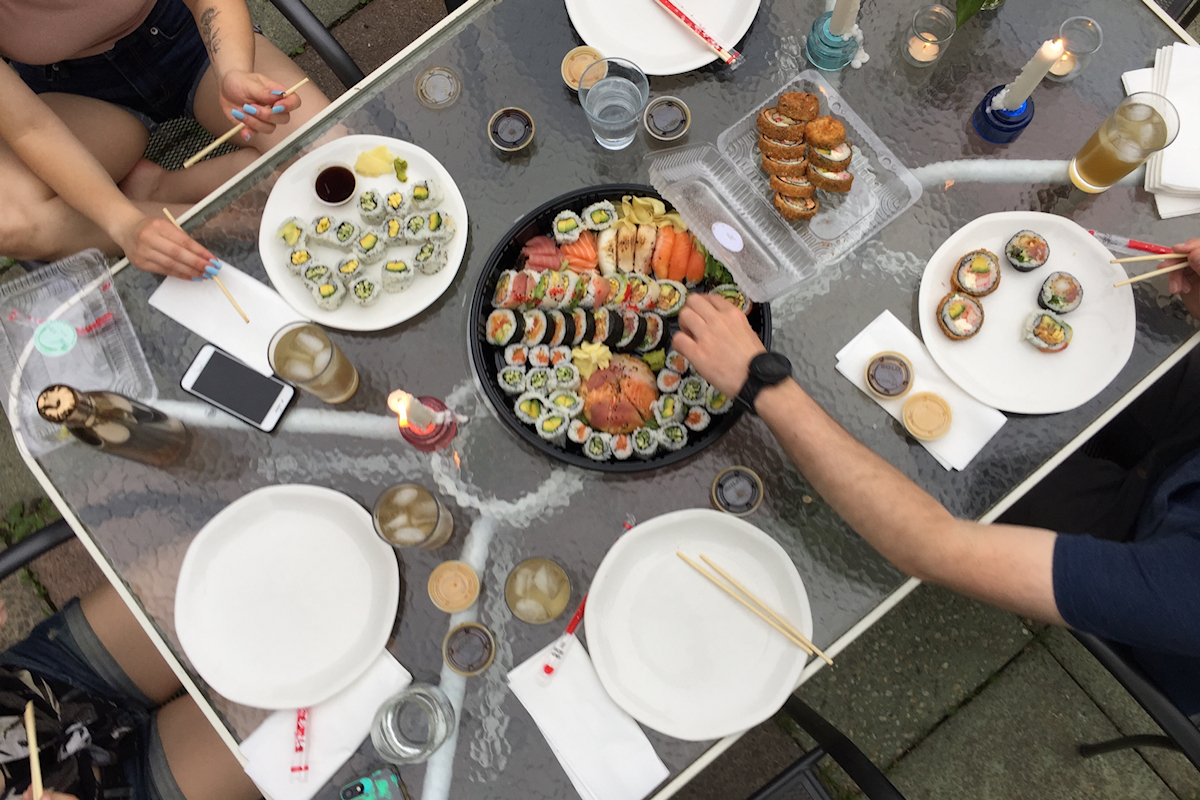
We celebrated socially isolated birthdays with cocktails, we did puzzles. We gathered in the evenings to watch shows together. We wore our masks and lined up to do shopping. We attended our online classes in various schools and programs, we went to work (digitally and in-person), we wrote papers and did projects, we aced our classes (my homeschooled through high school kids are amazing college and university students, and I’m not doing too bad either), we maximized what opportunities we could and tried to accept all that we couldn’t change.
We adapted. And we kept a little flame of faith alive for better days.
Better days are on the horizon. Our 5 month-long nightly curfew lifted last Friday. On Saturday, we hosted friends in our backyard for the first time since last summer. Restrictions are lifting and the city is slowly opening back up to life.
We’re going to start getting our lives back.
Without discussing the moral and philosophical legitimacy of quarantines and curfews it’s fair to say the pandemic challenged our personal and collective experience of freedom.
As Anne Lamott likes to remind us - peace, contentment, joy - all the good stuff, “is an inside job”.
You can probably add freedom to this list.
The pandemic showed me that my insides still have a long way to go.
I don’t know that I’ll ever make it. That I’ll ever reach that place where I experience peace, contentment, joy, and freedom despite my circumstances.
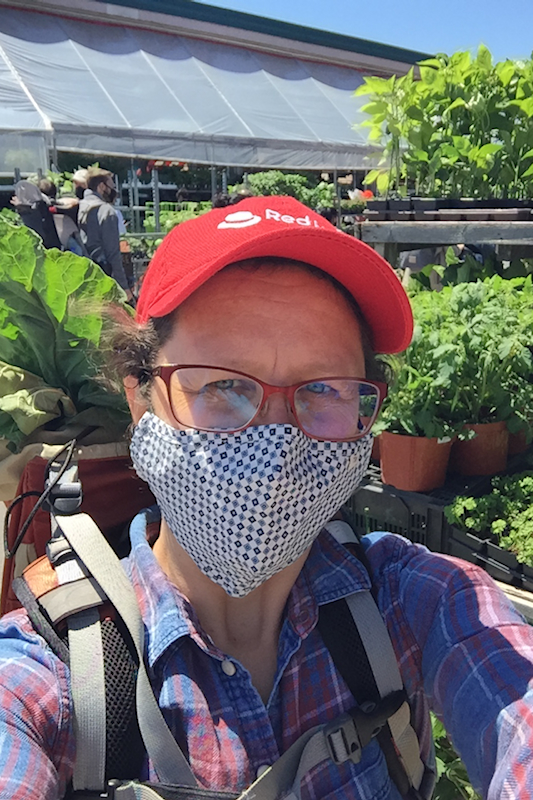
I love this city. But it was never our intention to live here forever and ever amen. It was never our intention to stay put, week by week, month after month. To not vist my parents or to not be able to cross the border for some much-needed time in bigger mountains.
Like the song says, “we’re here for a good time not a long time”. I don’t know that living somewhere else would have been necessarily better but if I have any say in the matter I never want go through another pandemic living in a city. And while we’re drafting this dream-life list, let’s eradicate pandemics all together.
The pandemic has felt like a long time, not a good time. And earlier this spring as we rounded the corner on the one year mark I was starting to feel like a caged animal - pacing, overeating, gaining weight, and finally just languishing in the corner.
I’m fairly certain I did not maximize the opportunity to learn contentment in situ. So much for self-improvement.
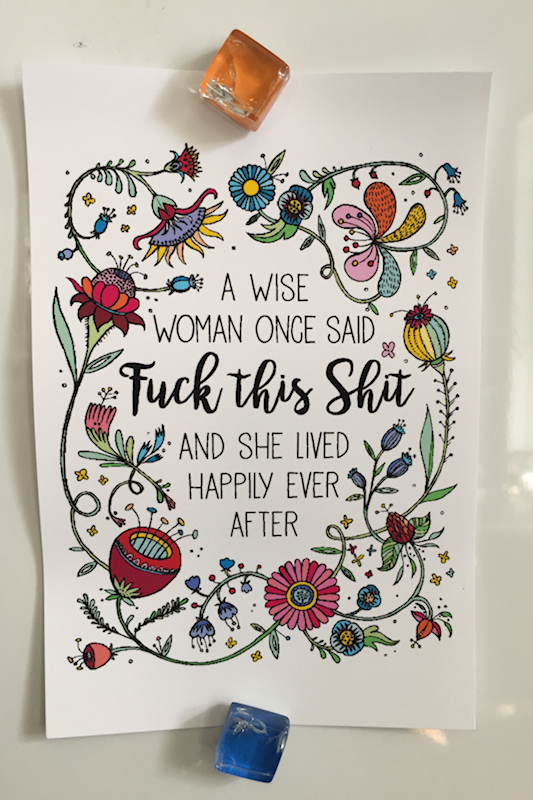
artwork by Martina @ Narwhal Design Ink
For me freedom is the literal ability to roam. To get in the car and drive across a provincial or national border to see family, friends, and experience beauty and adventure. It’s the literal ability to sit around a table together. In theory, freedom might be an inside job. In practice, it’s pretty external for me.
I spent my opportunity to learn internal freedom by longing, dreaming, and saving for travel, watching YouTube videos of Canadian canoeists and homesteading Swedes.
Unlike my family's pandemic grades, I don’t feel like I’ve made honors in self-improvement during this time. But… I have made some gains in clarity around my life purpose, goals, and dreams.
A few months ago in a bi-monthly spiritual gathering, hosted on Zoom of course, we were asked by our facilitator where we were finding meaning in our lives in this season. Ask big questions or don’t ask at all is how I like my conversations and so I welcomed the opportunity to self-reflect and listen to other’s experiences of meaning-making during a pandemic.
My own answer came pretty easily. Very few answers to big question come that fast, but this one I knew, because it was something I felt in bones day after day.
I was finding meaning in taking care of my people. In being present to their struggles, in listening and loving. I found meaning in being their steady foundation during upheaval, pain, and loss. I found meaning in being a responsible and experienced adult in the household of emerging adults. I found immense comfort in sharing this job with their dad and my life partner of 25 years.
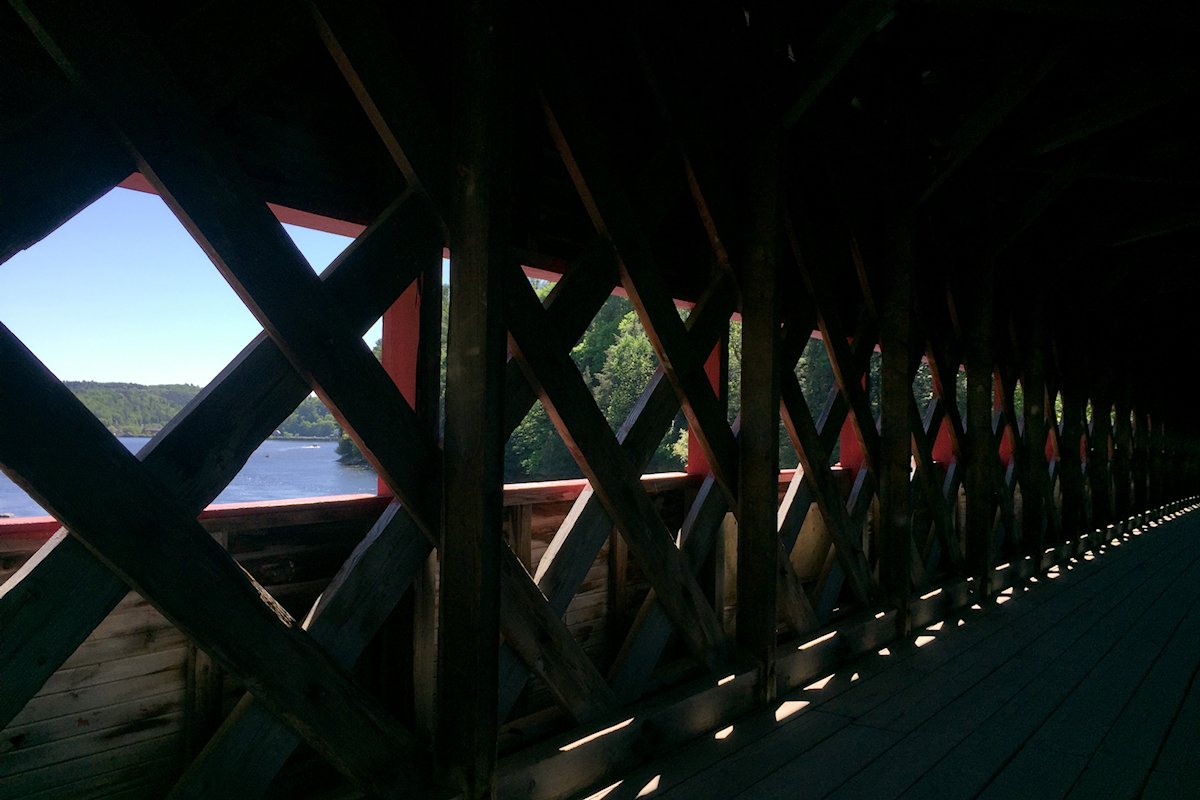
Come hell or high water, come lockdowns and curfews, come transitions and discomfort, come mental health crises and loss of community, we were going to see our family through this difficult season.
My personal sense of meaning was not found in my ability to take away the suffering, stop the pain, staunch the sense of loss, or make it all better. One of the hardest lessons of motherhood has been learning it’s not in my power to do that.
But what I could do was cultivate and create a loving, caring, and safe environment for my immediate close circle. And yes, I may have been pining for my adventures and freedoms, just like everyone else, but that didn’t preclude caring for the people in my presence.
I am a caregiver and a people-nurturer. I’m a “you’ve got this and I’m here to provide the support you need” cheerleader. And the supports and tools I can’t provide myself, which is most, I will help you find.
We will get through this, together.
I don’t do this perfectly, I don’t do this without mistake or failures. But I do it wholeheartedly; open to learning, feedback, and improvement.
(Something I LOVE about this stage of family life is the independence of thought and confidence my kids have to offer me constructive criticism and feedback on my parenting and communications with them. They are teaching me how to be a better person. What a gift. We’ve had a lot of opportunity for that feedback over the past year being stuck at home together.)
Contentment has been hard to settle into, joy was momentary and fleeting, freedom was elusive, and recently energy was been flagging, but meaning was fairly easy to find just below the surface of daily tedium.
I have people to care for and their growth and well-being to nurture.
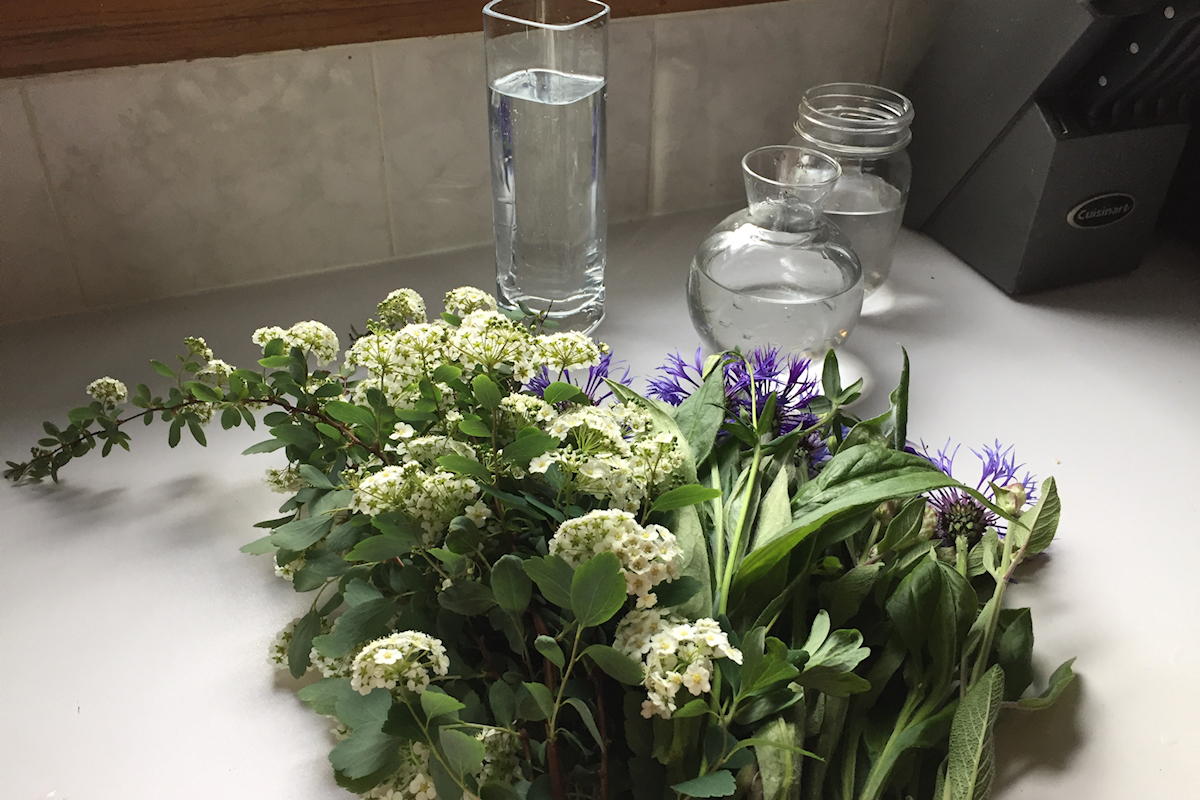
At different points in my life I have been less secure in this meaning, even as I fulfilled it day by day, for many years. In our society-at-large it takes some chutzpah, a different cultural mindset, and frankly, privilege, to pursue familial caretaking (raising children, caring for elders, etc.) as one’s work. I acknowledge this option is not economically viable for many families, which is a systemic problem with policies and structures, not with the individual families struggling to make ends meet.
The pandemic revealed and amplified that caregiving work is fundamental to our familial and societal functioning. In pandemic parlance, it’s essential work. And yet this fundamental work is mostly unpaid or poorly paid labor that is neither esteemed nor respected in our North American society.
To make matters worse, the mismatch of high need with low compensation (low value, low respect, low esteem) is also misogynistic as it’s predominantly women who fulfill these poorly paid caretaking roles in society and it's women who shoulder the lion’s share of the emotional labor, caregiving, and homemaking tasks in families.
Ideally, home and family is a solid refuge. It’s a place of security and care. It’s where the most fundamental needs of unconditional love and acceptance, food, shelter, and safety are met.
Creating this takes an effort that our society depends upon but doesn't value.
In recent years I’ve felt insecure about my life’s work thus far. To start, self-doubt is my operating system. On top of that, there’s no recognition in our society for homeschooling kids. I’m an outlier amongst outliers. And like all parents can attest, parenting teens is hard, even good teens, and I exited that stage exhausted and little battered.
My baseline insecurities and the lack of societal recognition for my work were amplified by the normal challenges of the teen years.
And then the pandemic hit and the functioning of society depended upon the people who do work that is largely undervalued, unrecognized, unappreciated, and under-compensated. Hey, that’s me!
With nowhere else to go, a nurturing and safe home environment was a core necessity. I had already built of one of those and years of relationship-supportive work had laid the foundations for peaceful and productive co-habitation in a small space.
I had something, I have something, to show for my work. I felt validated.
My goal at this life stage is to build a career in contexts outside of caring directly for my loved ones (who no longer need the level of care I once provided). I’ve been wondering how the sense of meaning I get in caring for people will be translated and expressed in this new stage.
I don’t want to be a nurse, or a therapist, or personal care provider, those things we might first think of when hearing the word “caregiver”, but I am absolutely committed to human development and growth, individually and collectively. I want people to feel safe, supported, and equipped with tools and resources as they work to live to their fullest potential.
Whatever I’m going to do in the hazy future will be driven by that desire.
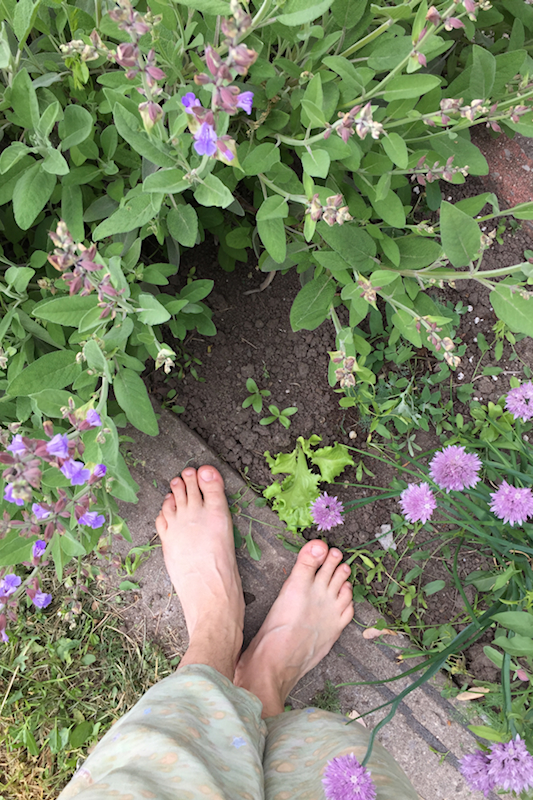
In times of distress and discomfort we naturally ask ourselves: What the heck am I doing here? How did I end up in this place?
Here might be literal, metaphorical, or both. I’ve had to answer the why am I “here” in Montreal question quite a few times this past year. The answer eased the constraints, somewhat. It wasn’t a wrong turn that brought this discomfort, it was just life.
In tandem with What the heck am I doing here? are those other existential life questions: What is the meaning of all this? What is my purpose?
For me, love is the meaning of “all of this” and my personal purpose extends from that. To love people, to help them make the most of their lives, to support them.
This purpose has been mostly limited to my home and my immediate loved ones. And although my fealty will always be to family, first and foremost, this is the season of my life for me where the circle widens. Discovering the new relationships and places where this purpose will take me is a type of adventure.
And the other kind of adventure is going to be the literal freedom of movement out of the city, on to the open road into the mountains and the woods.
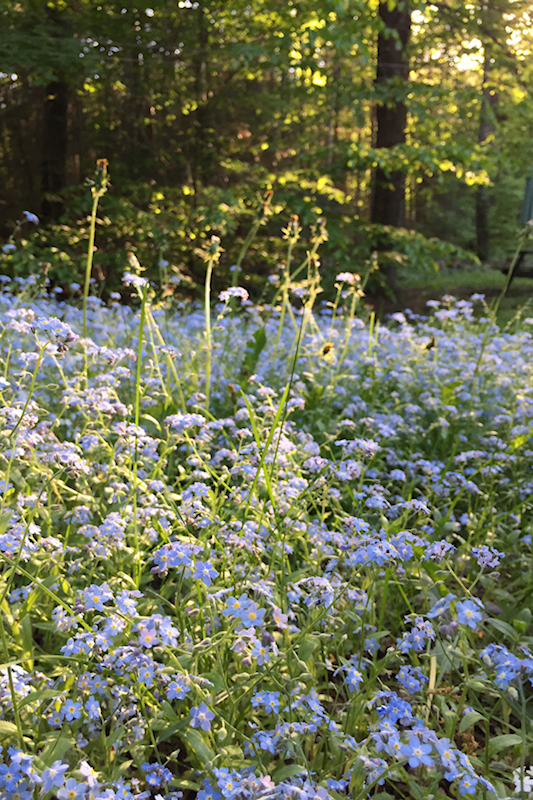
One of the lights at the end of this tunnel is a conviction, and hope, that I can have a life of both.
Filed Under
Resource Library
You can subscribe to comments on this article using this form.
If you have already commented on this article, you do not need to do this, as you were automatically subscribed.






